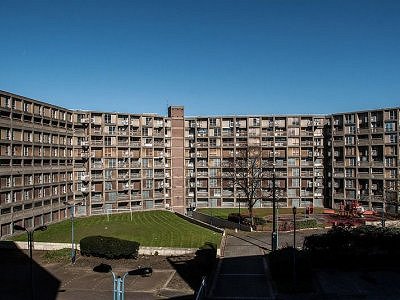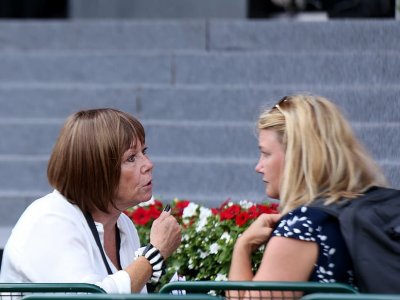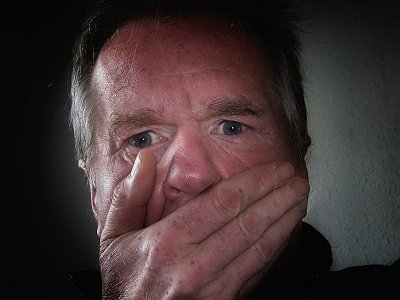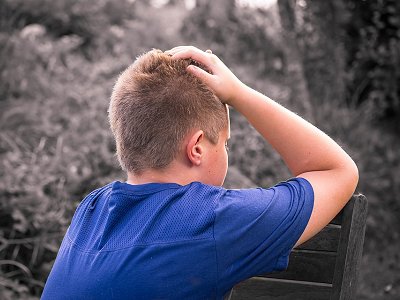
THE PLACES WE CHOOSE NOT TO LOOK
Poverty in the UK – like poverty everywhere - is ugly and unsexy and usually has people looking the other way. In national debate it is often hidden behind a glut of figures which are sometimes contested and also mask its human face. Three shocks have hit households with less money: an era of austerity following the banking crash of 2008; the pandemic; the cost of living crisis which is in its early stages.
These body blows have been taxing for many people, but it is those who were on the edge in the first place for whom it has been an impossible assault. There have been no shock absorbers – family, health, savings or secure housing – to fall back on. The human pain and hopelessness of poverty are bound up in politics, which leads some to deny its existence or to hold individuals entirely responsible for the way their lives have turned out. If poverty has not been witnessed in the sixth richest country in the world, there is an inbuilt tendency to disbelieve its existence. The dawning cost of living emergency may change this, but it remains the case that the poorest in society have such a quiet voice that it is rarely heard among the clamour of those who have more hope and agency.
This is why Stu Hennigan’s Ghost Signs: Poverty and the Pandemic (Bluemoose Books 2022) is to be championed, with its micro-stories of acute poverty and hunger on the estates of Leeds. Keeping a diary during the first months of the pandemic in 2020, the librarian author used his furloughed time to ferry food parcels and medical prescriptions round to those who were obliged to isolate. This service morphed into providing food for those who were going hungry across the city, as it became apparent so many were in need.
Hennigan’s description of the crumbling, mouldy homes he encounters is wretched. But the stories of starving, frightened people is truly horrifying. Ill health and addiction are prevalent, as are people in jobs but paid so little they are trapped in debt. The sickly smell of weed that hangs over many homes and the harder drugs that many were using, a sign of the hopelessness to which people had sunk. Broken furniture and shattered TVs littered the fronts of homes that could not afford the council fees for removal. In a number of places, Hennigan felt intimidated by a prevailing air of hostility and violence and he nearly succumbs to this when people mistake him for an authority figure. His dreams became infected with terror.
At the same time, the despair felt by recipients was matched by their gratitude for the provision of free food and his willingness to drive round Leeds all day to deliver it. Shared moments of care and conversation were proof of enduring humanity and Hennigan, who does not draw attention to his kindness nevertheless comes across as the most deeply humane and generous of people.
God is in the midst of this. His loving care for the poorest is written through scripture like a stick of rock. But this should not be romanticised as a way of making it easier to cope with poverty’s existence. Deprivation is horrible to look at and an insult to those who bear God’s image and end up in despair.
There is real Christian service happening in places many of us never have to look at. But there has also been an unintentional withdrawal from some estates and once this happens, it is much harder to re-engage.
There is also a sense that something is going to give. Poorer life chances for succeeding generations and rising inequality between those who will benefit from the sale of their parents’ homes and those who will not pose a threat. Eventually, the common bonds on which democracies depend begin to unravel. What if the populist revolts of the last decade are only a foretaste of what is ahead? If history is a guide, it will still be the poor who lose out.
POPULAR ARTICLES

The Lost Art Of Listening
The skill we need the most is the one we are rapidly losing. The practice of hearing another person

Putting Men In The Picture
Nothing messes up the act of listening to someone more than thinking about what we are going to say next

Common Humanity Politics
Of all the subjects to weigh in on, free speech in US universities provokes perhaps the most fervid

Black Dog
What can the Church can do to help transform the mental health of a current generation of children

